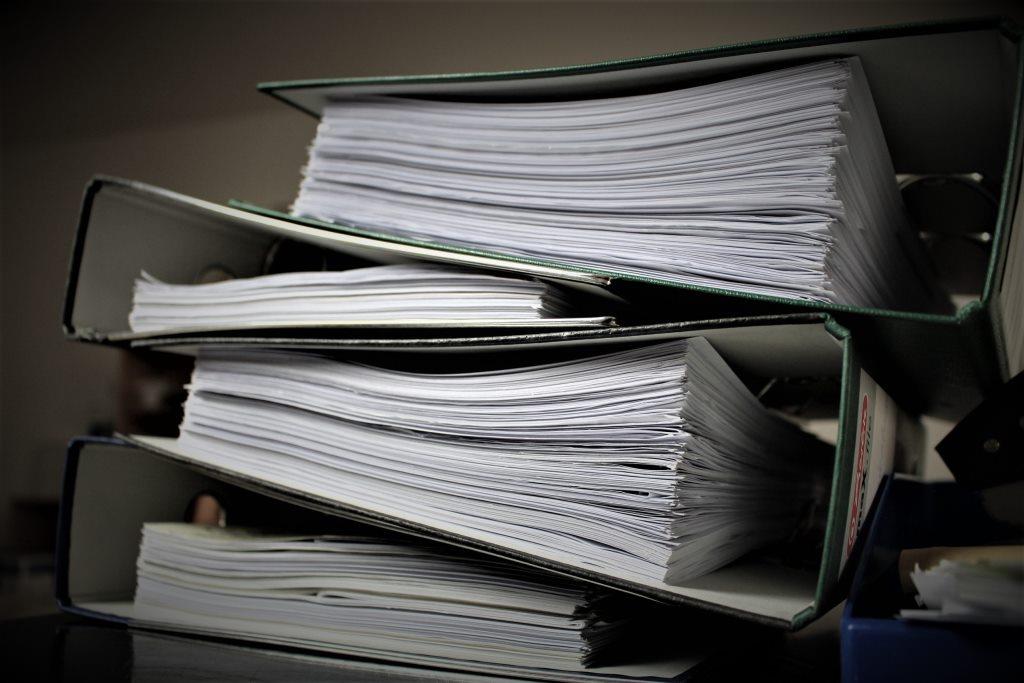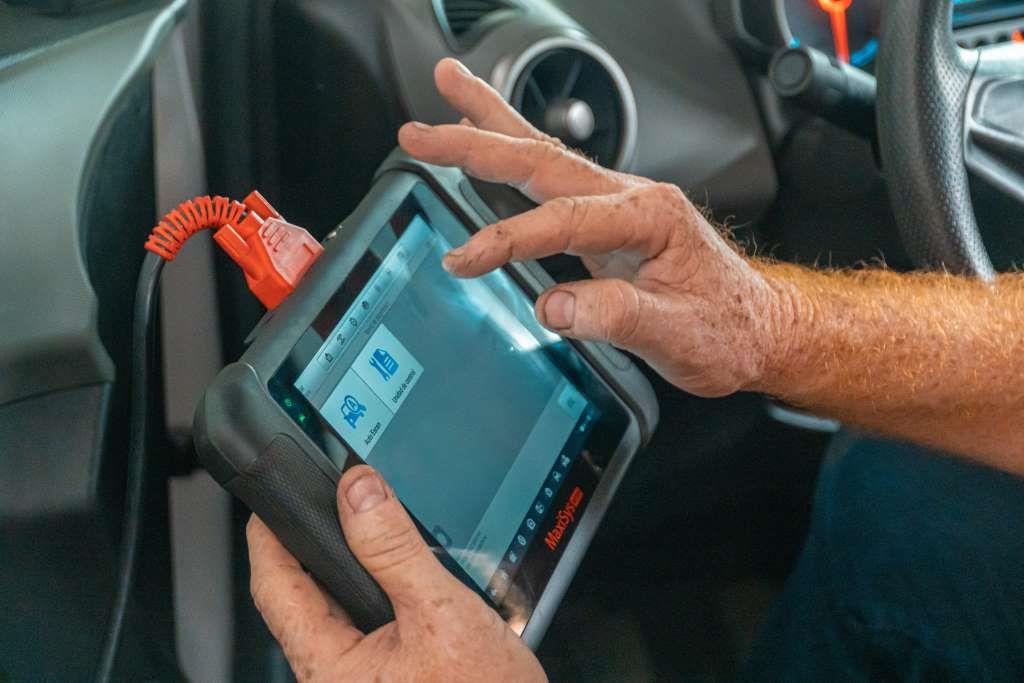
Record-keeping may not be the most thrilling part of businesses. It is, however, one of the most essential. Probably the most obvious reason for keeping good business records is that it keeps you on the right side of the law. A less obvious reason is that good record-keeping helps you to make effective business decisions.
To help explain further, Rads Document Storage, specialists in secure document storage, share their insight into the importance of keeping good business records.
Business records and HMRC
Customer satisfaction may be what keeps your business running but HMRC’s satisfaction is what keeps you trading. In fact, it’s what keeps you out of potentially serious legal trouble, up to and including jail time.
Generally, criminal law works on the basis of “innocent until proven guilty”. Technically, this is also the case with tax law. Practically, however, an inability to produce records without an excellent reason is likely to be seen as a sign of guilt.
On a more positive note, having accurate records enables you to claim any tax deductibles you are due. It will also be a prerequisite for challenging any of HMRC’s decisions. Anyone who’s had dealings with HMRC knows that it is far from immune to errors. It is also far from immune to questionable interpretations of the law. Both of these can be challenged but you need to be able to support your case.
Business records and the law in general
The need to comply with the law goes beyond “just” keeping HMRC happy. You need to be prepared to defend yourself against anything the law may throw at you, fairly or otherwise. An obvious example of this is recruitment and retention. If you find yourself sued or put under investigation by a disgruntled (ex-) employee, you need to be able to defend yourself.
Similarly, you should be prepared to show that you have completed any necessary compliance checks. All companies will need to ensure that their employees have the right to work in the UK. Some will need to undertake further checks, such as criminal record checks.
Health and safety is another area where good record-keeping can save you a lot of money. Remember that health and safety applies to anyone legitimately on your premises. In other words, it can include customers, suppliers and even general passers-by as well as your employees.
Last but definitely not least, effective record-keeping helps to protect you against disputes relating to how the business is run. For example, keeping minutes of important meetings, resolutions and votes can provide transparency not just about what decisions were taken but why they were taken.
Business records and efficiency
Good record-keeping goes a long way towards keeping the wheels of your business running smoothly. Again, the obvious example of this is filing your tax returns. Accountants very much appreciate having well-organized accounts handed to them well before the filing deadline. This minimizes their work and hence minimizes your fees.
Likewise, good record-keeping can help you to protect yourself against payment disputes. Deliberate payer fraud is rare but it does happen. It’s more likely that a payer will forget they made a transaction. Sometimes, they’ll question this with you. Sometimes they’ll just dispute it with their bank. Either way, you need to be prepared to respond effectively.
Another common issue is delivery problems. As the vendor, it’s your responsibility to deal with these, not the customer’s. It’s also good customer service. In principle, a delivery company should get on top of any issues quickly themselves. In practice, it can be highly advisable to have precise records immediately to hand when you deal with them.
Good record-keeping can also help to smooth your relationship with suppliers. In simple terms, never rely on somebody else keeping accurate and up-to-date records even if they should. Always keep your own records so you can double-check any statements made by a third party such as a supplier.
Business records and decision-making
Your business records can play a key role in driving important business decisions. In addition to informing directors and other key employees, they can also inform external parties such as investors and potential lenders. Even if you’re not looking for investment or finance at the moment, it still makes sense to keep your options open for the future.
Having good business records also makes it much easier to hand over the reins to other people. This could be on a short-term or a long-term basis and you should really be prepared for either, or indeed both. Anyone can be injured or get sick and need time off work. Similarly, everyone should have an exit plan for when they want or need to exit the business.
Remember that everyone who works for a business will leave it at some point and in some way. It’s therefore important to be prepared for this, even if it seems a long way off. Preparation maximizes the likelihood of making a smooth transition with minimal impact on the business.
The practicalities of business record keeping
For practical purposes, business records can be divided into two groups. These are records that contain personal data and records which don’t. The former are subject to (UK) GDPR and hence must only be kept for as long as they are relevant.
What this means in practice depends on the context. As a rule of thumb, however, you should always know why you are keeping the data. You should therefore know the applicable laws and their statute of limitations. Once this has passed, you should usually delete the data unless there is another compelling reason to keep it.
For records without personal data, the first point you need to check is if they are required for legal purposes. If they are then you need to keep the data for the minimum length of time required by law. Again, what this is will depend on the situation.
After this, it’s entirely up to you whether or not you keep them. In most cases, your decision will probably hinge on whether they are relevant enough to be worth the cost of storing. If you do choose to keep them, then it’s advisable to do so in proper archival storage either offline or in the cloud (or both).
Gavin Prior
Latest posts by Gavin Prior (see all)
- Why less clutter means more productivity in the workplace - February 27, 2022
- The importance of keeping good business records - January 30, 2022














